Thoughts on the 2020 Republican Convention and Primary
Now more than ever, it’s essential that we nominate candidates who, when elected, will work tirelessly to restore, preserve, and protect the principles that have made our party—and indeed our republic—great. As Republicans, we are at our best when we are neither content with the status quo nor afraid to question the proposed expansion of government power. To that end, we should constantly ask ourselves (and each other) probing questions regarding the nature and proper role of government.
As I see it, government is best understood as an organized, official structure for the use of collective force. This overwhelming, potentially destructive power should be used cautiously and for defined, limited purposes closely connected to the defense of life, liberty, and property. Such power must be exercised at all times through the appropriate branch of government—with one branch making the law, another enforcing it, and yet another resolving disputes regarding its meaning. Of equal importance, government power must be wielded only at the appropriate level, with differences between state and federal authority remaining distinct and sacrosanct.
As you make your decisions at this historic convention, please take the time to research every candidate’s position on basic issues regarding the role of government in general, the difference between state and federal power, and how each branch of government interacts with the other two. While once commonplace and expected in any election, these questions have sadly been neglected in recent decades—so much so that many candidates can’t (or won’t) identify any clear limits surrounding the office they seek.
In the Utah Republican Party, we know better. We can do better. And as we ask the right questions, we will do better, and lead our great country to a place where liberty and prosperity will once again be the norm.
While asking the right questions won’t always be easy or intuitive, finding answers should be. Your questions might differ from mine, but here are some of the questions I intend to ask:
1. (for those running for governor, lieutenant governor, or state legislative office): Would you support legislation repealing SB 54, recognizing the right of political parties to determine the means by which they select and nominate candidates?
2. (for those running for governor, lieutenant governor, or state legislative office): Utah has long been applauded as the best-run state in the nation, but we still have plenty of problems. What are the top five changes you would make to state law?
3. (for those running for federal office): Please describe the difference between state power and federal power—identifying at least five areas in which the federal government is acting where it should not—and identify legislation you would support to return power to the states.
4. (for those running for governor, lieutenant governor, or state legislative office): What would you change about our state’s public education system? Would you support a voucher system? What support should the state provide to parents who homeschool their children, either in connection with COVID19 or otherwise?
5. (for those running for federal office): Although the Constitution vests all federal lawmaking power with Congress, over time Congress has delegated much of that power to unelected, unaccountable bureaucrats. The resulting Byzantine labyrinth of federal regulations cost the American economy an estimated $2 trillion each year, disproportionately harming America’s poor and middle class. What would you do to return federal lawmaking power to the branch of government most accountable to the people at the most regular intervals?
6. (for all candidates): The federal government owns roughly 2/3 of the land in Utah. While essentially no one in Utah wants to disturb national parks, national recreation areas, wilderness areas designated by Congress, or military installations, most federal land in Utah doesn’t fit into any of those categories, and keeping all of that land under federal control inflicts great harm on our state’s economy, environment, tax base, affordable-housing market, and public education system. How much of Utah should the federal government own, and what changes to state and federal law would you support in this area?
7. (for all candidates): What is the purpose of government?
8. (for all candidates): Setting aside specific constitutional prohibitions, what are five things that no government, state or federal, should ever do?
9. (for all candidates): Should any person in Utah be denied equal protection under the law, based solely on whether the person in question has been born?
10. (for all candidates): Please identify five ways in which governments pick “winners and losers” in the economy, indicating whether you support or oppose each approach.
11. (for all candidates): Please explain why you are a Republican, what it means to be a conservative, and whether or to what extent the word “conservative” describes your approach to public policy.
12. (for all candidates): Do you support President Trump’s re-election?
These are just a few of the kinds of questions that need to be asked. They should be easy for any candidate to answer. In fact, you should be able to answer at least some of these questions on your own, based on a brief, cursory review of each candidate’s campaign materials. To the extent you can’t answer these questions on your own with respect to any candidate, you should ask him or her for answers!
I remain convinced that, although we face many new, unique, and vexing challenges, our best days remain yet ahead of us. Anxiously awaiting better times, we must do our part to make sure that our government facilitates (and does not impede) their arrival. We can. We must. And together, we will!
Yours in liberty,
Mike Lee

